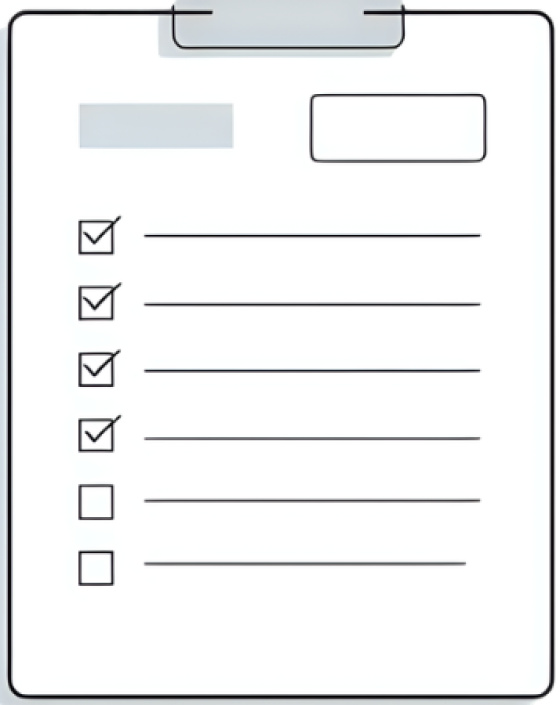Why Integrating AI into Daily Work Will Strengthen Real Estate Agents’ Expertise

In a real estate sector undergoing rapid digital transformation, artificial intelligence has become an essential performance catalyst. With increasingly connected and demanding clients, real estate agencies need to optimize their processes to stay competitive while maintaining the quality of client relationships that sets them apart.
Because AI addresses several major challenges in the sector, integrating it into daily agency operations is a hot topic. From managing peak activity periods and optimizing lead qualification to improving client follow-up and meeting the expectation of 24/7 availability, AI can play a key role.
Integrating inbound and outbound AI agents into the client journey creates a seamless and efficient ecosystem. Technology handles repetitive tasks while humans focus on delivering relational value. This hybrid approach optimizes sales performance while preserving the authenticity of interactions—the cornerstone of trust in real estate.
Inbound AI Agents
Tomorrow, they could serve as the first line of digital reception in a real estate agency. New solutions for intelligent virtual assistants (voice-activated or online) are emerging to automatically intercept and handle calls, messages, and inquiries 24/7. Unlike simple answering machines, these agents interact conversationally and actively qualify requests.
Potential use cases include:
-
Automated call reception: Each prospect is greeted with a personalized message, adapting to their tone and pace. Constant availability ensures international clients or active property seekers browsing outside business hours are captured.
-
Lead qualification: During interactions, AI collects key information—budget, desired location, property type, timeline, and selection criteria. Structured collection allows human agents to prepare and personalize their commercial approach.
-
Handling common inquiries: AI can automate responses to frequently asked questions such as property availability, price ranges, viewing procedures, and application processes. It accesses the agency’s up-to-date database to provide instant, accurate answers.
-
Automated appointment scheduling: AI can sync the agent’s calendar with the prospect’s availability, propose several time slots, confirm bookings, and automatically send reminders and practical information.
With inbound AI agents, initial conversion rates inevitably improve, as prospects receive immediate responses. Continuous availability meets the demand for instant answers and ensures that a prospect looking for an apartment at 10 PM or on a Sunday gets a qualified first response, maintaining interest and motivation. Early estimates suggest agencies using AI agents could see a 25–40% increase in effective contact rates.
When AI answers your calls: Imagine it’s 7:30 PM you just published a new listing before closing the office. Your phone rings immediately, and a motivated prospect is ready to visit tomorrow. Unlike simple answering machines, these virtual assistants engage in real conversation. They greet prospects in a natural, adaptive way, adjusting to a stressed or hurried caller. Then, they “qualify” leads: budget, location, urgency. When you call back the next morning, you already know the prospects’ seriousness.
Outbound AI Agents
Complementing inbound agents, outbound AI solutions could proactively engage clients and prospects through automated communications. These intelligent systems analyze behavioral and transactional data to identify optimal moments for interaction and personalize commercial approaches.
Maintaining client contact without continuous human intervention optimizes agency resources. AI ensures continuous commercial presence while freeing agents from time-consuming, low-value tasks. This automation can multiply touchpoints while preserving human availability for appointments and negotiations.
Looking Ahead
Industry studies reveal AI’s transformative potential in real estate. Automation could impact up to 37% of daily professional tasks, generating estimated global savings of $34 billion by 2030.
Early experiences confirm operational efficiency: agencies adopting AI agents see a significant increase in qualified leads via automated calls. Overall conversion rates improve, sometimes up to 35%, thanks to enhanced follow-up and responsiveness.
By leveraging high-performing software like Agence Plus, agents can optimize their commercial organization, creating a balanced division of tasks between AI and humans. AI efficiently handles lead qualification and follow-up while professionals focus on advisory expertise and negotiation.
Note: It is crucial to anticipate potential client resistance to AI. Some prospects may feel interactions are impersonal or lack trust. A pedagogical approach and gradual transition between AI and human intervention are necessary. Human supervision remains essential, as AI should act as a facilitator supporting teams, not a replacement. Agencies must maintain quality control over automated interactions and preserve the relational authenticity that defines real estate excellence. Client consent is always a prerequisite for AI use.
Ready to Transform Your Client Approach?
Questions? Need real estate coaching or training? Our team is at your disposal let’s talk.
Click here to schedule a meeting.





